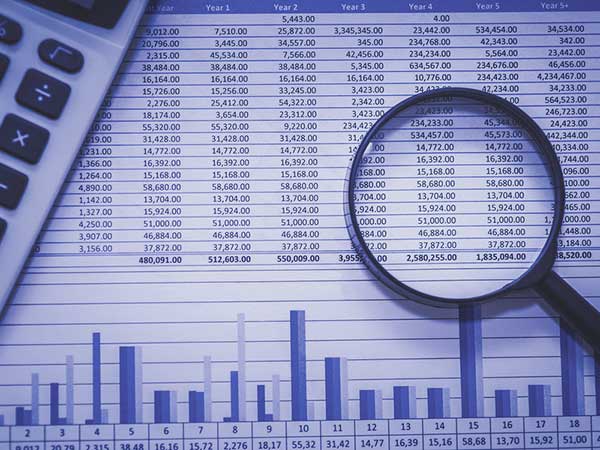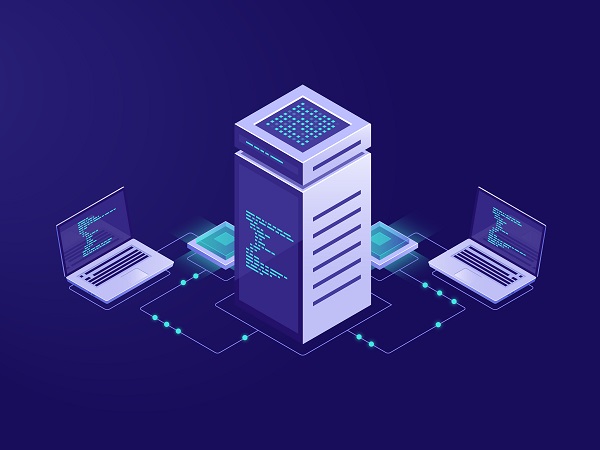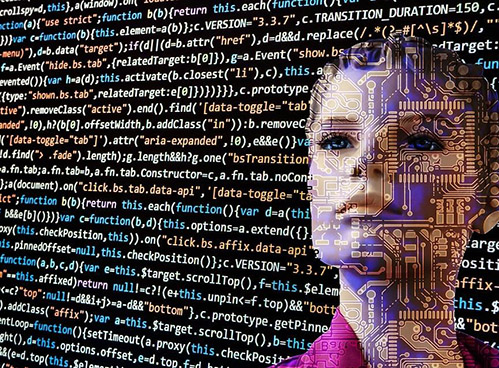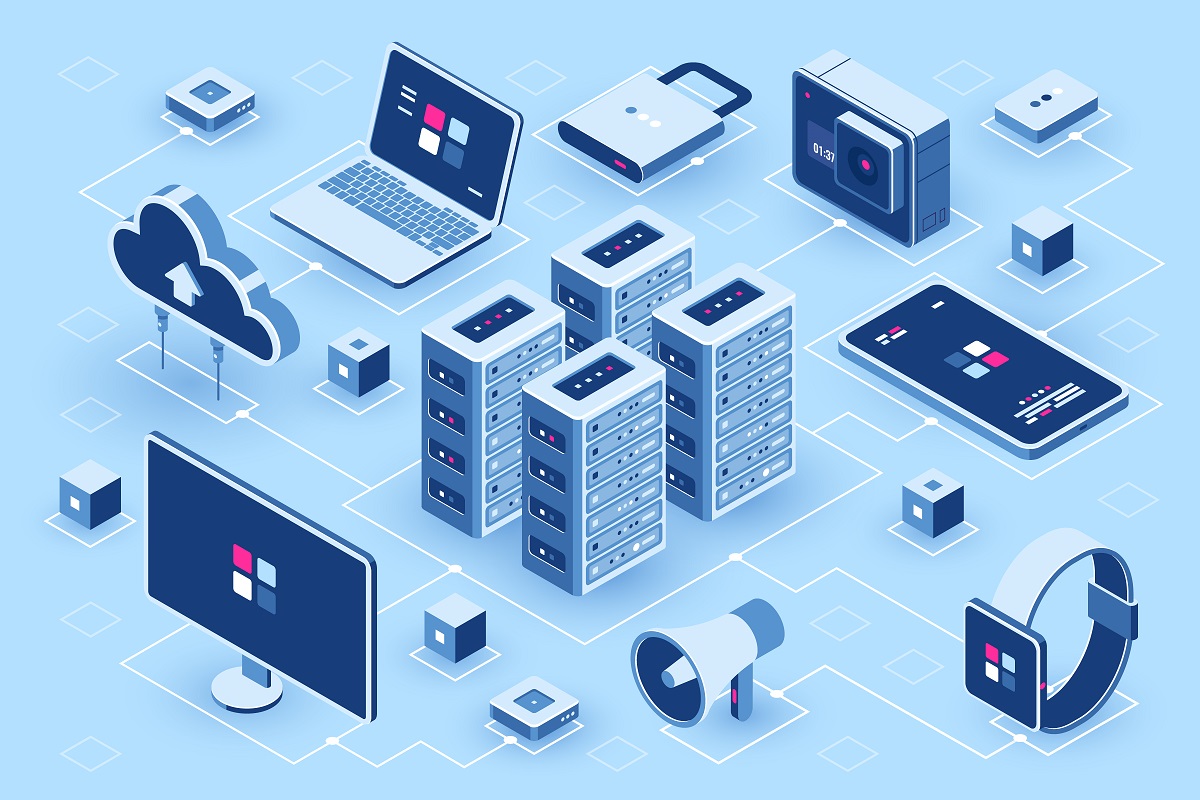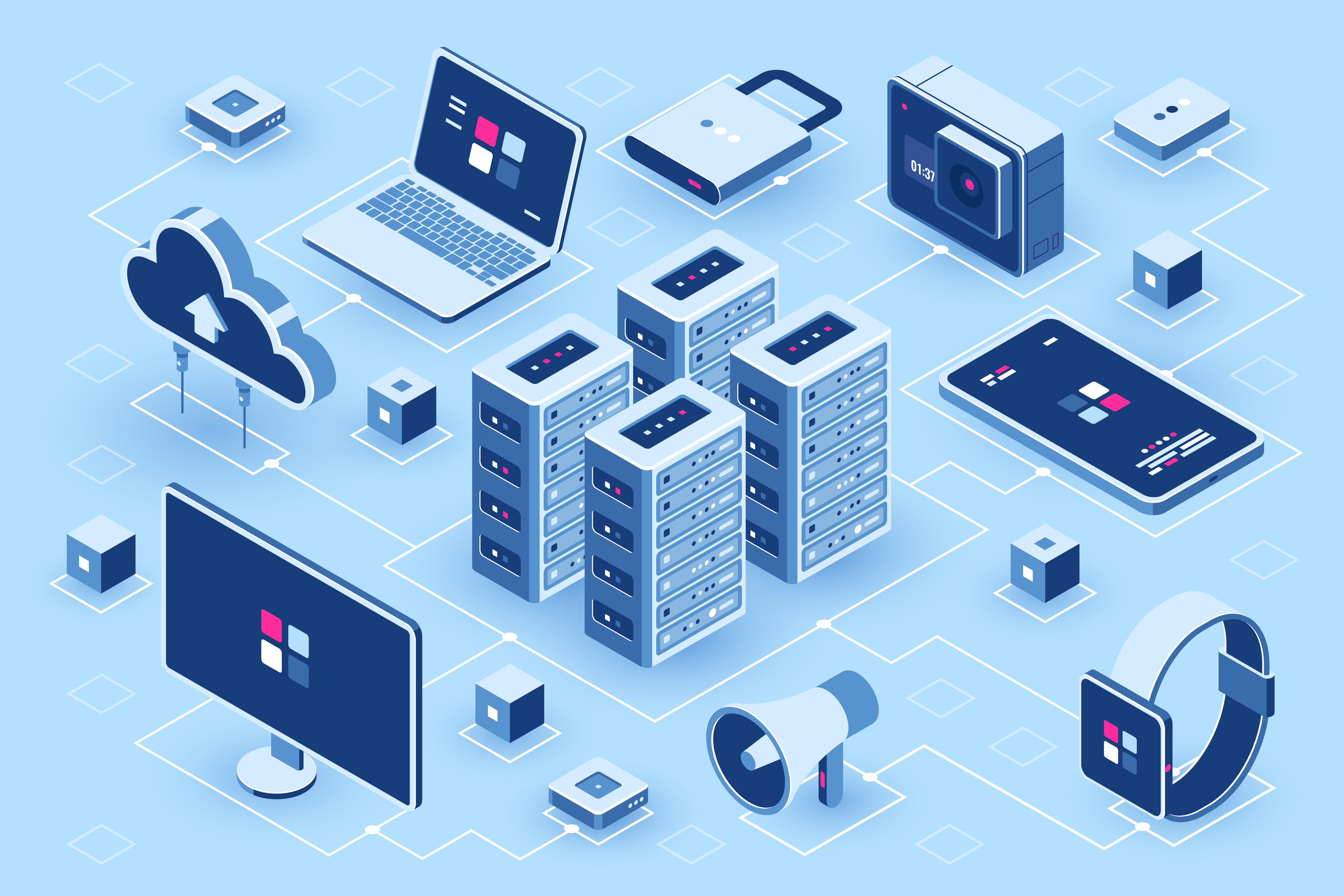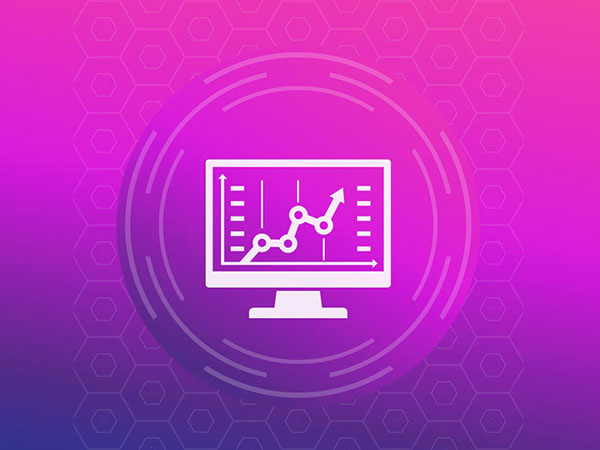It took a decade of research before scientists decrypted human DNA for the first time. Today – after 13 years of progress – the same work is done within 24 hours!
We continuously sharpen data processing tools. Hence, the amount of data has grown drastically over the past ten years. But is there still room for innovation? Does the future hold new, jaw-dropping revelations?
There’s no need to guess.
Let’s check out what do the biggest data science gurus think on Big Data tendencies in the following ten years, and how will it change the world we know.
Simplicity is the new black!
First of all, data analysis will become more “dummy-friendly”. Business-centric data analysis tools will not require programming skills. Both use and even development will be simple as cake.
Looking for proof? Don’t take anyone’s word for it. Just take a look at the kind of tools major brands introduce to the market today.
Microsoft has recently announced new features for their Power BI. Salesforce implements a business analysis app builder. Both corporations adapt their Big Data managing platforms for non-developer’s usage.
Fortune telling with the magic ball of Big Data?
“The next decade is to become a revolution for data-driven research, and proclaims the ‘end of theory’.” – Duncan Watts, an analyst at Microsoft.
The amount of collected data tends to grow exponentially. Thus, event predictions will only get more accurate with time.
Big Data and business intelligence will be routinely used to anticipate everything.
And I mean everything: From diseases outbreaks to stock prices. From the power grid failures to upcoming fashion trends.
We are about to get more precise predictions than ever! For instance, UPS already uses data from its sensors that are put on critical parts of their truck. They predict mechanical failures this way. And this approach saves the company millions of dollars annually.
You can even regain trust in the weatherman’s word today! What a time to be alive.
Google already has done the forecasting “test drive”. They have analyzed search keywords by location and determined which US regions are about to have flu spikes. Their prediction was spot-on!
And there’s still the experiment from Indiana University we should keep an eye on. They’ve predicted stock market changes for the next three days with 87% accuracy. All calculations were based on tweets!
“Big Data market will be expanding with an impressive annual growth rate of 23%. US business will be saving up to 60 billion dollars annually.” – IDC experts.
Real-time Data Analysis
“Streaming systems and real-time data analysis will be “the must have” in businesses of any kind” –Phu Hoang, CEO at DataTorrent.
Enterprises and companies will integrate streaming analytics tools like Storm, Spark, Apache Kafka, to manage their data infrastructure. “Data Jedis” are expected to be among the hottest employees on a labor market. Matt Bencke from Spare5 and Kelly Stirman from MongoDB sure believe so.
JavaScript will shortly take full care and custody of Big Data visualization. We mostly rely on R and Python today. But changes are coming along the need for simplicity and web availability.
Jane Swanson from DataScience has already pointed that more and more open source projects appear to be developed in web languages. Thus, Big Data science will be adapted to JavaScript.
Artificial Intelligence will get something to think about
“Big Data will cause the new shift in AI technologies” – An unanimous claim from IBM, Oracle, and Google scientists.
Scientists expect a widespread implementation of software-based smart machines, virtual personal assistants, smart advisors, and autonomous vehicles.
Siri, Cortana and Google Now got smarter and more autonomous through constant “food for thought”. The more you use them, the more they know you, your habits, desires, and preferences.
Just think about the following:
- Toyota invested as much as one billion dollars in a five-year AI development project.
- General Motors is going to spend $500 million on autonomous driving research.
- And there are still Google, Uber, Apple, and Tesla with their innovations!
In the future common data processing tasks will rely on:
- Machine learning;
- Property graphs;
- Natural language processing;
- Quantum computing.
Intercorporate customer data exchange
“Enterprises will be merging customer data on a global level, savings billions of dollars and gaining ROI” – Jeff Vance
Businesses and startups will be trading data for mutual benefits. You can already see the process of corporate “data symbiosis”, as it evolves in its natural habitat.
For example, IBM has put together the stats from Pacific Gas and Electric company, Honda, and the local climate data. As a result, they’ve spotted out the best places for car charging points.
Inrix combines cell phone data with car movement and predicts traffic jams. Data is then sold to the government.
All major mobile operators sell geolocation data to AirSage. And the company provides real-time traffic reports for more than a hundred US cities.
Your toothbrush knows too much
“Global datafication is coming. And it takes marketing technologies on a whole new level!” – Analysts Viktor Mayer-Schonberger and Kenneth Cukier.
Companies will be hoarding and trading data about every single action of millions of people. That’s the new way of behavioral advertising.
We make their task quite easy. We share our daily activities through Twitter and Facebook, we make Amazon wish lists, and we use geolocation apps. It would be a shame to waste such a Klondike of information.
Some US states use smart meters that constantly trace your electricity consumption. Your movements and home activities are easily reproduced step by step with this kind of data because each electrical device has a different power signal.
Apple has a technology that can track your body temperature, heart rate, and oxygen level through something as simple as earbuds.
GreenGoose, a startup in household item manufacturer puts tiny wireless sensors inside their products. And every time you brush your teeth, floss, exercise, those tiny spies collect valuable data.
Alright, this one sounds a bit creepy…
Is it even legal? Well, people willingly pay for the “privilege” of being tracked. An aforementioned startup has raised $100,000 VentureBeat conference.
“Whether it’s a major business vendor or the government, they will be able to use your data for their benefits, and they will certainly try to.”
– Professor Noah Chomsky.
Most vendors will know your next move before you even think of it. And they’ll have an appropriate service locked and loaded.
That’s some Orwell material, you might think. Then here’s a little story for the most skeptical minds.
Apparently, the Target Corporation has calculated which of their female customers are pregnant, based on their purchases. And they’ve congratulated them with coupons for baby products. That’s how a father had learned about his daughter’s pregnancy for the first time, in one case.
“By the end of a decade near the half of all the business ethics violations will be data-related” – Gartner’s analysts.
This creates a new hot trend – user privacy and data protection. Handling issues and lawsuits will be more than profitable with the Big Brother around.
Big Data gains life-saving powers
“In the next year’s data analysis and AI will help to save lives, study uncommon diseases, and boost the medical research.” – Jans Aasman, Franz Inc.
On a brighter note, it’s expected that we are about to see the rise of healthcare and security.
Today the traditional stethoscope is a relic of the past. It’s replaced with the digital one. It’s even synchronized with a mobile app. The same thing has happened to glucose meters.
20 billion wireless health monitors will be provided by the end of the decade. All over the globe. These devices will report the patient’s vitals to their caregivers. Moreover, the collected data will become a huge help in further medical researches of chronical diseases.
MarketPsyche tracks emotional state of a population through collecting data from 5 million of blogs, social media platforms, and tweets. Within the next years, Big Data will be actively and successfully used to treat mental and genetic diseases, even to predict drug side effects.
“Sharing data will literally prevent thousands of deaths!” – Gary King, a professor at Harvard University.
